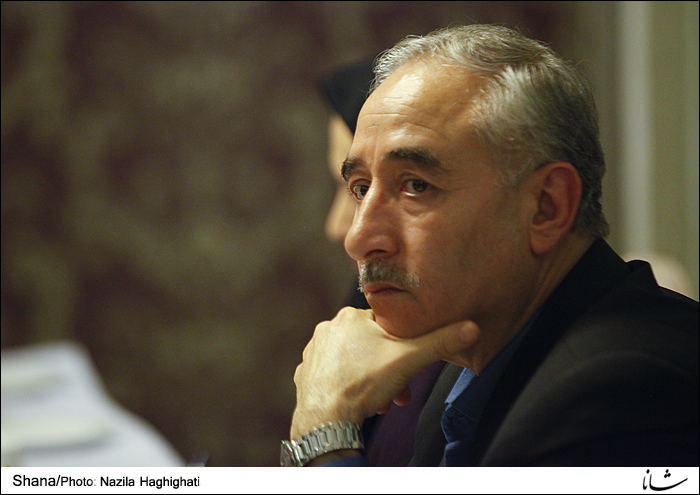“There are definitely customers who are interested to buy Iran’s increased production,” he added, “However, it is better to delay comments on how we will increase our quota within OPEC to the time certain issues are clarified.”
To a question on how OPEC can return to its past quotas amid destructive measures of countries such as Saudi Arabia that are using oil prices as a means to put pressure on Iran, Zamani-Nia replied, “Governments not producers decide about Iran’s return to its previous status in the oil markets,” he said, noting that non-OPEC members including the US and Russia also determine oil prices.
On whether Iranian and US firms have negotiated on energy projects in Iran, the official said non-US companies owned by American owners can arrive in Iran within the framework of multi-national companies.
He referred to the analysts who hold that crude oil prices will increase to 60-70 dollars per barrel in the last quarter of 2016. “We produce oil at less than 10 dollars a barrel which gives us additional options and maneuvering power.”
The Iranian official who also served in the Foreign Ministry said that normalization of ties between Tehran and the world has challenged the status of the countries which pocketed from strained relations.
Saying that Iranophobia policies of certain countries will no longer be effective in the post-JCPOA setting, he added that Iran has devised policies to counter the measures aimed at disturbing implementation of the nuclear accord.
“Nevertheless, we do not see a sign of the Iran and US readiness to improve the bilateral relations so that we can expect such a normalization. But there is the possibility that in the post-sanctions setting, a change can happen in both countries’ political approaches.”
The deputy petroleum minister said that sanctions against Iran backfired and helped the Islamic Republic to reduce the dependence on oil revenues from 50 percent of its current expenditures to 40 percent.


Your Comment